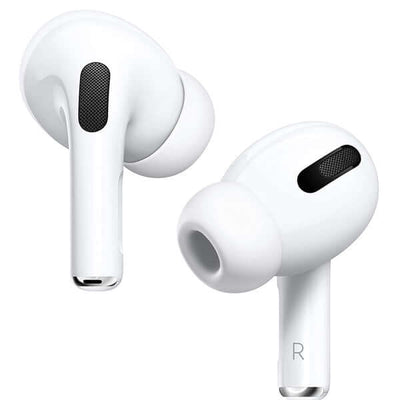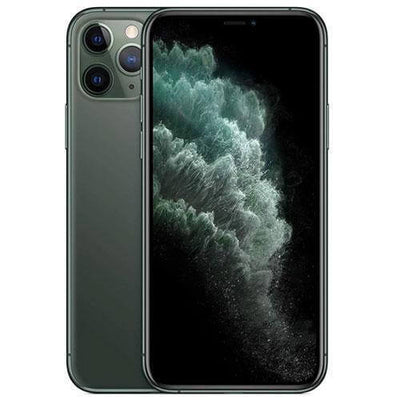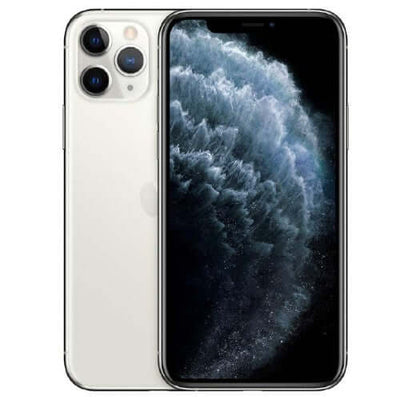Introduction
Google Pixel Fold 2, the much-anticipated successor to Google's first foldable phone, is expected to bring significant changes in terms of design and specifications. With leaks revealing a narrower form factor and a revamped camera setup, the new model promises a fresh look and feel.
Expected to launch towards the end of 2024, the Google Pixel Fold 2 is rumored to feature a new chipset, improved performance, and a generous amount of RAM. These upgrades suggest a more powerful and efficient device compared to its predecessor, offering users a seamless experience.
Additionally, changes in the screen aspect ratio and camera placement indicate a more refined design that caters to user preferences and usability. As the tech world eagerly awaits the official release, the Google Pixel Fold 2 is shaping up to be a compelling option in the foldable phone market.
Design Changes
The Google Pixel Fold 2 is expected to undergo significant design changes compared to its predecessor. Leaks suggest a narrower form factor, departing from the unique squat design of the original Pixel Fold. The new model aims to align more closely with recent foldable smartphones in terms of dimensions.
One notable alteration is the rearrangement of the camera setup, with a shift away from the horizontal camera bar towards a more conventional placement in the corner. This change may impact the overall aesthetics and usability of the device, offering a more streamlined look.
Additionally, the screen aspect ratio is expected to see improvements, providing a more optimized viewing experience for users, especially when watching movies. The cover panel's aspect ratio is rumored to be more suitable for multimedia consumption, addressing one of the previous model's limitations.
Overall, the design changes in the Google Pixel Fold 2 aim to enhance user experience, modernize the aesthetic appeal, and align the device with current trends in the foldable phone market.
Software Improvements
Software is a crucial aspect of any smartphone, and the Google Pixel Fold 2 is no exception. With the potential for a new chipset and increased RAM, users can expect improved performance and efficiency. These enhancements are aimed at providing a smoother user experience and better multitasking capabilities.
One common issue with foldable phones is app optimization for larger screens. The Pixel Fold 2 could address this by providing a seamless experience with apps adapting well to the unique form factor. By optimizing software for the foldable design, Google can ensure that users have access to a wide range of apps that work flawlessly on the device.
Additionally, software updates can enhance the overall usability and functionality of the Pixel Fold 2. By refining the user interface and optimizing system performance, Google can deliver a more intuitive and responsive device. These improvements aim to make the Pixel Fold 2 a competitive option in the foldable phone market, offering users a compelling and efficient smartphone experience.
Processor Upgrade
Google Pixel Fold 2 is rumored to come with a new chipset, the tensor G4, offering improved performance and efficiency. The upgraded processor, along with a generous 16GB of RAM, promises a smoother user experience and enhanced multitasking capabilities.
With the potential for increased gaming capabilities and overall system performance, the tensor G4 chipset in the Pixel Fold 2 aims to deliver a more powerful and responsive device compared to its predecessor. Users can expect a boost in speed and efficiency, making tasks like gaming, app usage, and multitasking more fluid and seamless.
By incorporating the latest processor technology, Google is setting the stage for a more advanced and competitive device in the foldable phone market. The tensor G4 chipset, coupled with the ample amount of RAM, ensures that the Google Pixel Fold 2 is well-equipped to handle the demands of modern smartphone users, offering a compelling and efficient smartphone experience.
RAM Boost
The Google Pixel Fold 2 is rumored to come equipped with a generous 16GB of RAM, a significant increase from its predecessor. This boost in RAM capacity is expected to enhance the overall performance of the device, allowing for smoother multitasking and improved efficiency.
With the potential for increased gaming capabilities and overall system performance, the ample amount of RAM in the Google Pixel Fold 2 promises a more responsive user experience. Tasks like gaming, app usage, and multitasking are anticipated to be more fluid and seamless, providing users with a more enjoyable smartphone experience.
By incorporating the latest technology in terms of RAM capacity, Google aims to ensure that the Pixel Fold 2 can handle the demands of modern smartphone users. This enhancement is set to make the device more competitive in the foldable phone market, offering users a compelling and efficient smartphone experience.
Camera Upgrades
The camera setup on the Google Pixel Fold 2 is expected to see some significant improvements, with leaks suggesting the inclusion of four sensors, including regular, ultrawide, and telephoto shooters. This upgraded camera array aims to enhance the photography experience for users, offering a versatile range of shooting options for different scenarios.
Additionally, rumors indicate that the new model may feature a revamped camera placement, moving away from the horizontal camera bar towards a more conventional corner placement. This design change not only enhances the aesthetics of the device but also improves the overall usability of the camera setup.
With the potential inclusion of a temperature sensor, similar to the Pixel 6 Pro, users can expect advanced photography capabilities and innovative features that cater to a wide range of photography enthusiasts. The camera upgrades in the Google Pixel Fold 2 are poised to deliver a compelling imaging experience, setting it apart in the foldable phone market.
Display Enhancements
The upcoming Google Pixel Fold 2 is set to bring some exciting changes to its display, offering users a more refined viewing experience. Leaks suggest a narrower form factor compared to its predecessor, aligning more closely with recent foldable smartphones in terms of dimensions. This change could enhance the device's usability and portability, catering to user preferences.
Additionally, the new model is rumored to feature a revamped camera setup and a more suitable aspect ratio for the cover panel, addressing previous limitations and offering users a more optimized viewing experience, especially for multimedia consumption like watching movies. The potential design changes, including the relocation of the camera setup to a corner placement, aim to improve both aesthetics and functionality.
With these display enhancements, the Google Pixel Fold 2 is poised to deliver a more immersive and visually appealing experience for users, setting it apart in the competitive foldable phone market. These improvements underscore Google's commitment to providing a device that not only looks sleek but also offers practical benefits for everyday use.
User Feedback
Users are eagerly anticipating the release of the Google Pixel Fold 2, with many expressing excitement over the rumored design changes and specifications. The narrower form factor and revamped camera setup have sparked discussions among tech enthusiasts, with some expressing a preference for the more conventional placement of the cameras in the corner.
Concerns have been raised about the software optimization for the foldable design, with users highlighting the importance of seamless app integration for a better user experience. The potential upgrade to the tensor G4 chipset and the inclusion of 16GB of RAM have garnered positive reactions, with many looking forward to improved performance and multitasking capabilities.
The rumored camera upgrades, including the inclusion of four sensors and a temperature sensor, have intrigued users, who are eager to see the advancements in photography capabilities. Additionally, the potential display enhancements, such as a more suitable aspect ratio for multimedia consumption, have generated interest among users seeking a more immersive viewing experience.
FAQ
What are the expected design changes in the Google Pixel Fold 2?
The Google Pixel Fold 2 is rumored to feature a narrower form factor compared to its predecessor, aligning more closely with recent foldable smartphones. Additionally, the camera setup is expected to be rearranged, moving towards a more conventional corner placement instead of the horizontal camera bar.
What software improvements can users expect in the Google Pixel Fold 2?
The Google Pixel Fold 2 is expected to come with a new chipset, the tensor G4, and increased RAM capacity, promising improved performance and efficiency. These enhancements are aimed at providing a smoother user experience, better multitasking capabilities, and optimized app integration for the unique foldable design.
How does the processor upgrade in the Google Pixel Fold 2 benefit users?
The rumored tensor G4 chipset in the Google Pixel Fold 2 offers improved performance, increased gaming capabilities, and enhanced system efficiency. Coupled with 16GB of RAM, users can expect a more powerful and responsive device, making tasks like gaming, app usage, and multitasking smoother and more efficient.
What camera upgrades are expected in the Google Pixel Fold 2?
The Google Pixel Fold 2 is rumored to feature four sensors, including regular, ultrawide, and telephoto shooters, offering users a versatile range of photography options. Additionally, a temperature sensor may be included, providing advanced photography capabilities and innovative features for a compelling imaging experience.
How will the display enhancements in the Google Pixel Fold 2 improve user experience?
The display enhancements in the Google Pixel Fold 2, including a narrower form factor, revamped camera setup, and a more suitable aspect ratio for multimedia consumption, aim to deliver a more immersive and visually appealing viewing experience for users. These improvements are set to enhance usability, portability, and overall functionality of the device.



















